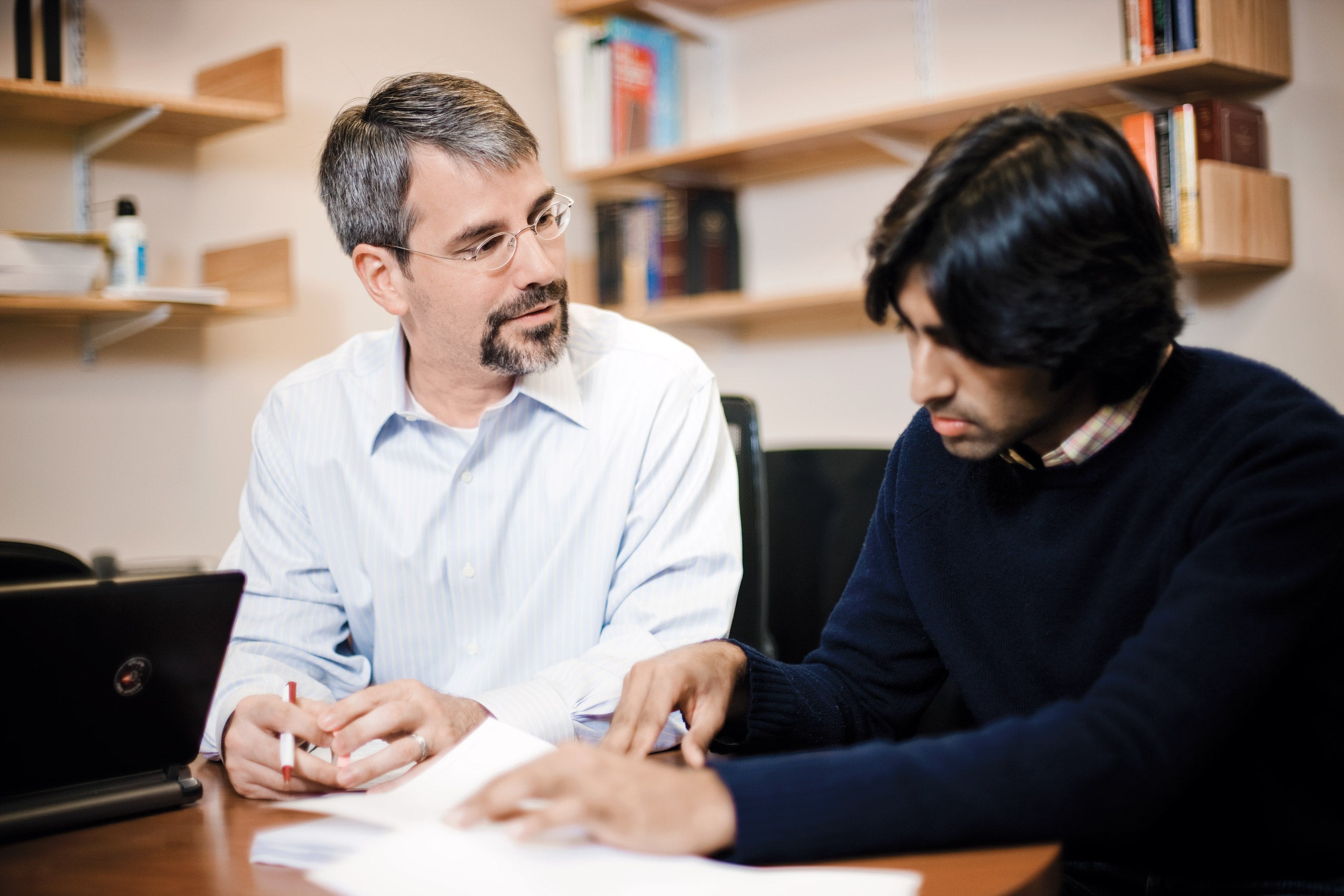In cyberlaw clinic, students help litigate matters of first impression
For students looking for cutting-edge legal work in the realm of new technologies, there may be no better place than the Cyberlaw Clinic at the Berkman Center for Internet & Society. In the fall of 2008, more than 40 students were involved in a wide range of projects that explored areas such as free speech, intellectual property and online child safety in the context of the Internet and other rapidly developing technologies. Many of the projects the center undertook involves issues being litigated for the first time.
In one case, the clinic assisted in the preparation of an amicus brief filed on behalf of almost a dozen organizations dedicated to preserving free speech on the Internet, including the Berkman Center’s Citizen Media Law Project, the Los Angeles Times, the Reporter’s Committee for Freedom of the Press and the Society of Professional Journalists. Legal action had been brought by Cayman Islands-based Julius Baer Bank and Trust and its Swiss parent company against Wikileaks, a Web site where individuals can leak documents without being traced. Julius Baer claimed the leaks included confidential bank documents. A federal judge issued an injunction that shut down the site, although the contested documents were but a small fraction of the more than 1.2 million in its online database.
“Under established First Amendment law, prior restraints, if constitutional at all, are permissible only in the most extraordinary circumstances,” says David Ardia LL.M. ’07, director of the Citizen Media Law Project. “In this case, you have court orders that effectively shut down a Web site that has been at the forefront of exposing corruption in governments and corporations around the world and enjoin anyone who reads the order from publishing or even linking to the documents.”
In a hearing two weeks later, the defendant prevailed, based in part on a brief written with substantial assistance from Savith Iyengar ’09, a clinical student. In addition to writing portions of the brief, Iyengar participated in the editing process, and traveled to San Francisco for strategy sessions with counsel for amici before attending the hearings at the Federal District Court.
After lamenting a disconnect between modern technology and constitutional jurisprudence, the judge conceded that the court can do only what the Constitution and Congress permit it to do. He concluded that serious questions implicating prior restraint and the public interest had been raised regarding the injunctive relief issued earlier (and which the bank was seeking to extend at the hearing). The injunction was lifted, and five days later, Julius Baer abandoned its lawsuit, Iyengar notes.
“The case demonstrated the ease with which unsubstantiated prior restraints on online speech could be implemented,” he says.
